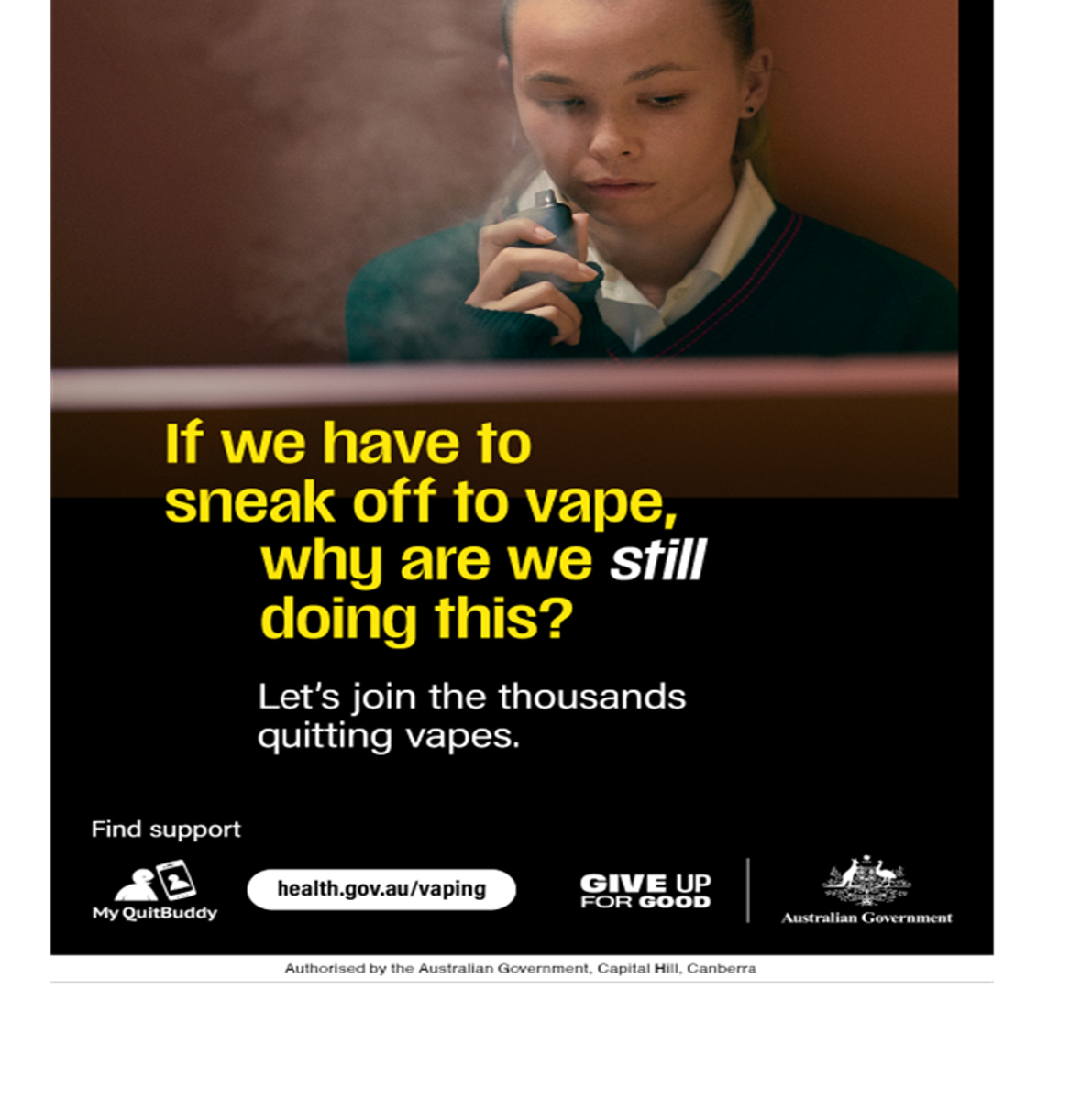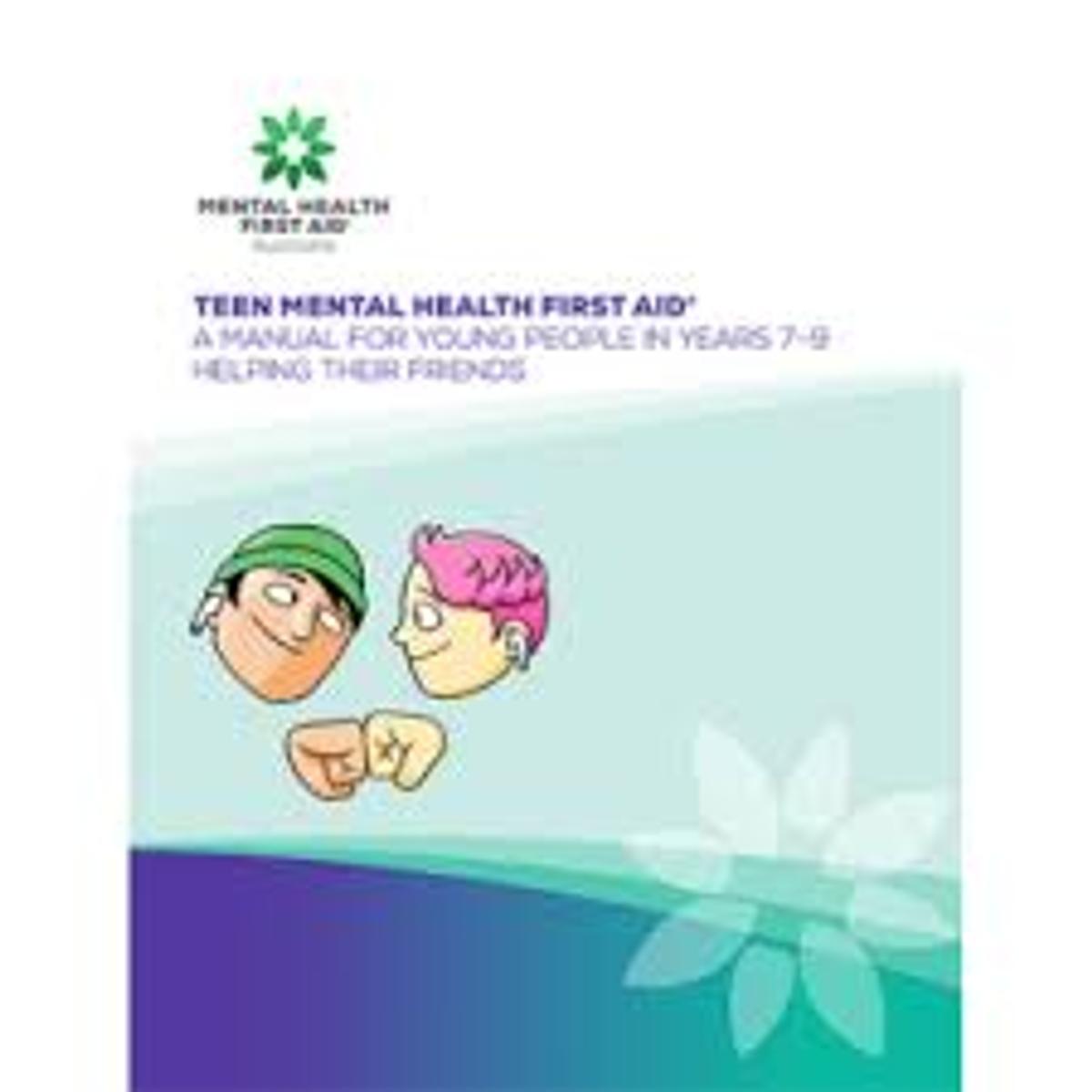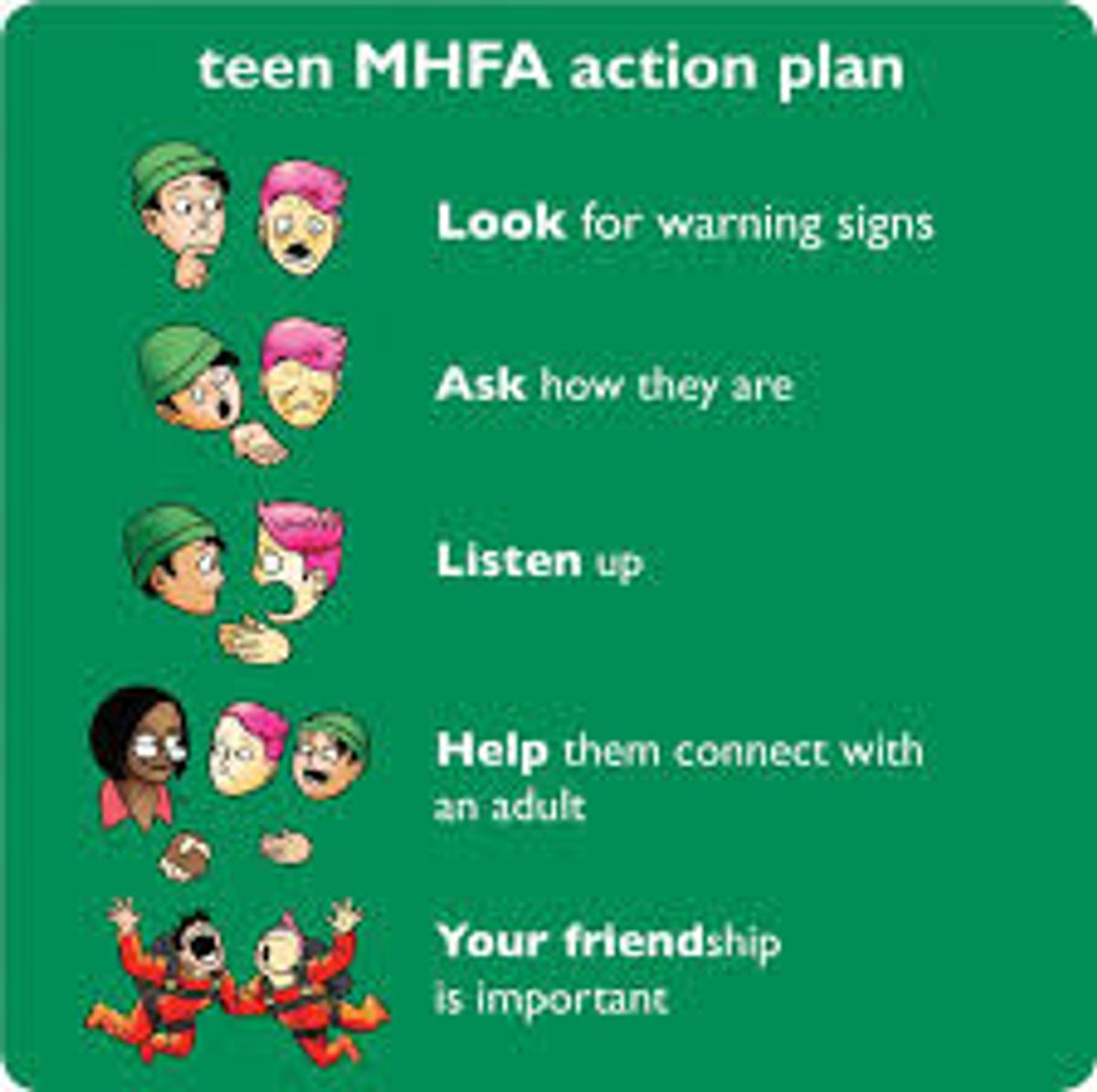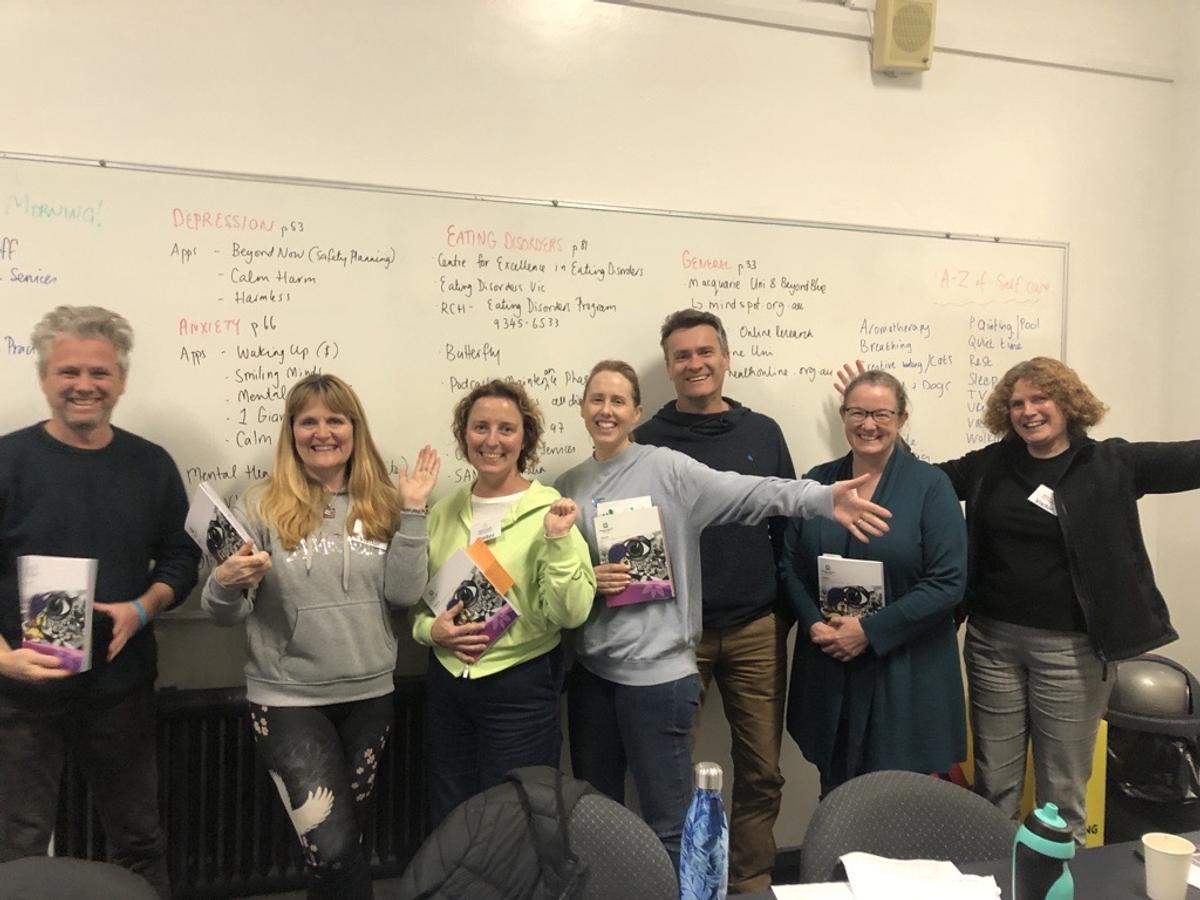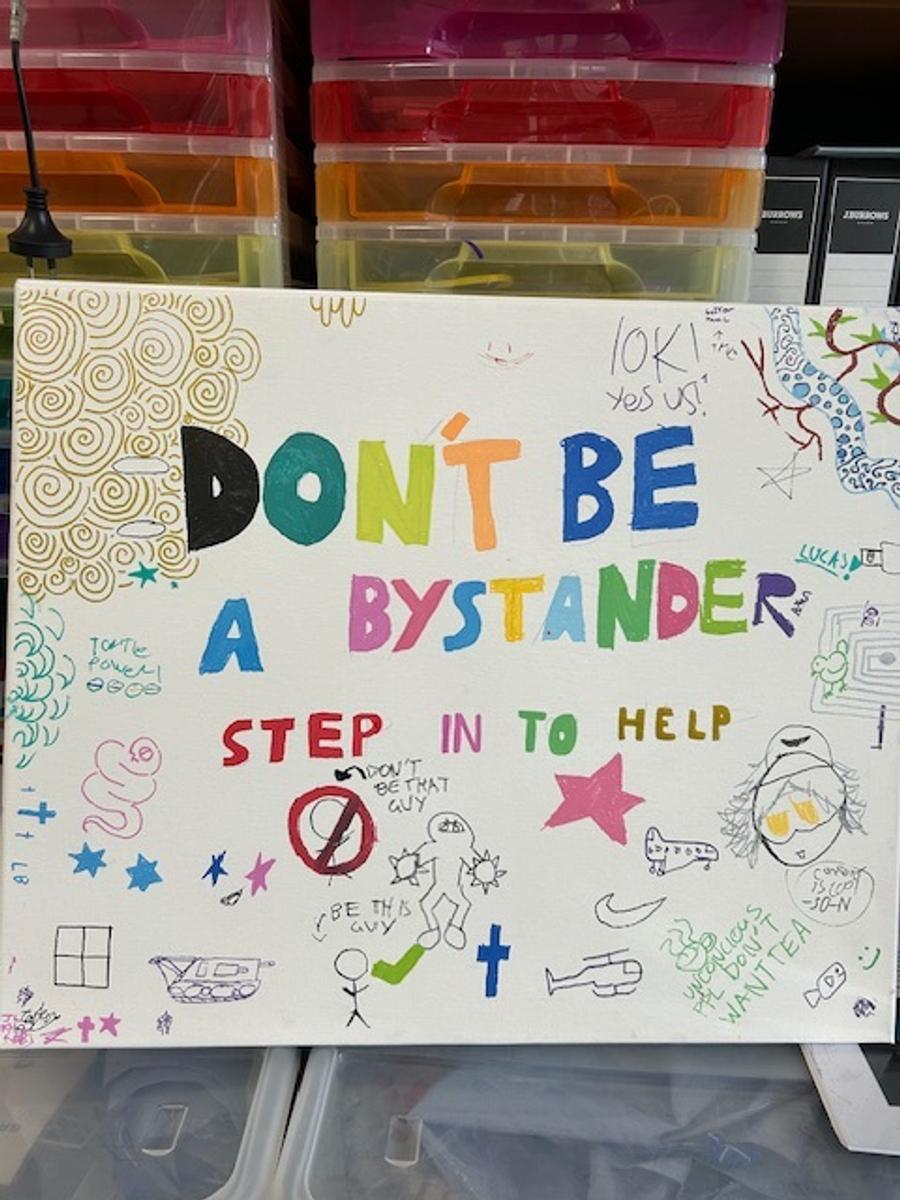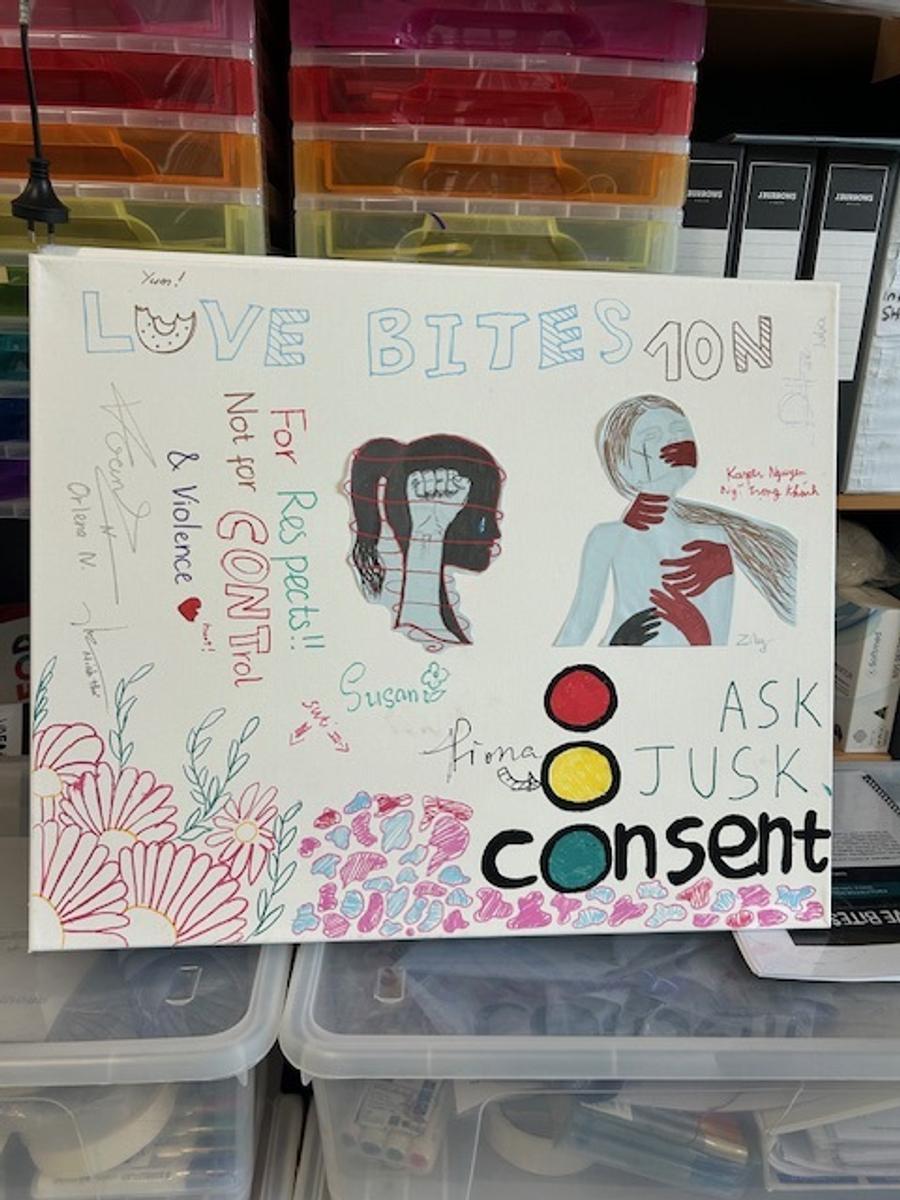Student Services : Wellbeing

Vaping resources for Parents
New Campaign aimed at Parents, carers, schools, and community all play an important role in protecting children and young people from, and educating them about, the harmful effects of smoking and vaping.
Research from the Royal Children’s Hospital shows many parents and carers are not aware of the harmful effects or how their views about smoking and vaping can impact the likelihood of a young person taking up smoking or vaping.
The Department of Education has developed resources to help you learn more about the health risks of smoking and vaping. The resources include advice about how to talk to children and young people about vaping, and where to get support. To access the resources, go to https://www.vic.gov.au/smoking-and-vaping-advice-parents
You can also view this video on smoking and vaping from experts at the Royal Children’s Hospital Melbourne for health advice and tips for starting a conversation with young people.
You will see posters around the school talking about this very important subject.
Student Services are here to help also and can arrange an appointment for you to talk with our Secondary School nurse.
Wear it purple day
Last Friday we celebrated Wear It Purple Day. It was great to see so many students dancing up a storm in the Theatre at lunch time.
Thank you to Mia Lubbock 10I and Sam Roberts 10 J, for their awesome expertise on the day. Also, thanks to the Music teachers for allowing us to use the venue, it was heaps of fun!
Teen Mental Health First Aid: What We Learned
On August 14, 21 and 28, all Year 7 students had Teen Mental Health First Aid training facilitated by Ms Petroff and three external presenters named Fran, Loren and Sarah. We learnt useful tips about mental health and how we can help/support people with mental health problems.
Using the manuals we were provided with, we learnt that mental health is more than having a mental illness. Mental Health connects with other types of health and connection such as Physical and Social.
The manual
Having a mental problem means that you’re more likely to have a low social battery and possibly poor selfcare, which are warning signs. There are many warning signs when someone is developing a mental health problem, some signs are more obvious than others. We learnt what we can do when we see these warning signs in our friends and help them by using an action plan.
The ActionPplan:
Look for warning signs, Ask how they are, Listen up, Help them connect with an adult and Your friendship is important
The manual showed us how to use the action plan realistically with scenarios in comics. In these comics, we were taught sentences and words that would help start a conversation about our concerns. For example, “Is everything going well?”, “I think you should see someone about this”, “Is there anything I can do to help?”, “Let’s go see a teacher” etc. These are great ways to show us what to do to help our friend because it’s inviting and understanding. We learnt how to help a friend who was developing a mental health problem and also what to do if our friend was in a mental health crisis.
Not only did we learn what to do in a situation like this, we also got to watch a three-part film about two people who have recovered from a mental illness. Each part would talk about their experiences and different stages of having a mental illness. Stage One was when the mental help problem developed. Stage Two was when the symptoms got really bad to the point where people noticed and finally, and Stage Three was about getting help. It was very helpful to grasp how bad it can get for someone and how help can improve it.
Overall, the periods that we had about Teen Mental Health First Aide was very helpful to know and it was good that we got the chance to learn about a topic that is often not talked about enough.
If you would like to learn more about Teen Mental Health First Aid, click here or watch a video here.
Thank you,
Arty and Sophia 7D
Please note that the Student Services Wellbeing Team also run Youth Mental Health First Aid course for parents and carers annually. Here is a photo from earlier in the year:
Contact Leanne Petroff – Head of Student Services if you are after more information.
Love Bites
Here’s some great Artwork by the year 10’s who took part in last weeks sessions. It was wonderful to see the participation and effort!
Low Cost Psychoeducational Assessments and Therapy
Updated: August 2024
Note: The university clinics listed below are teaching facilities for Master of Psychology students (i.e., students undergoing their 5th and/or 6th year of training), who are practising under the supervision of registered psychologists.
RMIT Psychology ClinicUniversity Hill, Bundoora
Offering: Evidence based assessments and interventions for young people experiencing a range of mental health difficulties. These difficulties may include anxiety, depression, school refusal and behavioural difficulties. The RMIT psychology clinic also provides parenting support, aiming to help parents support their children's growth and development. We are able to support in assessments for ADHD and we can provide mental health support for young people and families in the neurodivergent community.
Please note that RMIT Psychology clinic does not do Autism Spectrum Disorder assessments or Cognitive and Educational assessmentsContact: 9925 7666 M-W 9am to 7pm, Th-F 9am to 5:15pm
Waitlist:4-month wait time
Australian Catholic University Psychology ClinicThe Daniel Mannix BuildingLevel 5, 17 Young Street, Fitzroy
Tests: Cognitive Assessment, Intellectual Disability, ASD and Specific Learning Disorder – WISC/WIAT
Fee (per session): Therapy: $20/ 50 minutes ($10 for concession*)
Psychometric Testing:
- Cognitive Assessment (e.g, WISC /WAIS) $300 ($150 for concession*)
- Learning/Educational Assessments (e.g, WIAT/WMS) $350 ($175 for concession*)
- Clinical or behavioural Assessment (e.g., ADHD, anxiety) $300 ($150 for concession*)
Includes interview, assessments, report and feedback.
ACU also has an Autism Clinic. Contact: 9953 3006 M-F 9am to 5pm
Waitlist: Not stated.
University of Melbourne Psychology ClinicLevel 2, 138-146 Cardigan Street, CarltonFee: Discussed at point of referral depending on tests to be administered.
Comprehensive developmental assessment $800
Single item - WISC/WIAT - $400
Extensive list with inclusions online (including ASD, therapy and other assessments): Payments & Fees - University of Melbourne Psychology Clinic (mthc.com.au)Contact: 9035 5180 M, Tu, Th, F (closed Wed).
9am to 5pm. Note: reception closes 3pm daily.
Waitlist: Accepting new referrals now. 6-months for educational ax, 6-9 months for ASD ax.
La Trobe University Psychology Clinic
1 Kingsbury Drive Bundoora
(Psychological Therapy, Child Behaviour Clinic, Neuropsychological Assessments and Management, Group Programs).
Fee: Neuropsychological (i.e., cognitive, SLD, ADHD) assessments: $500 ($275 with healthcare card).
Individual therapy sessions: $40 per hour ($25 per hour with healthcare card).
Group Programs contact clinic.
Contact: 9479 2150 Mon-Wed & Fri, 9am to 5pm (closed on Thursdays)
Waitlist: Therapy – 4-6 weeks
Cog assessment service – waitlist closed (however, accepting referrals for adults in next 8 weeks).
Victoria University
47 Paisley Street, Footscray
Fee: Learning assessments have a flat fee ($250; $50 with health care card)
Individual therapy has a one-off administrative fee. Face to face appt. only.
Group therapy generally free.
Contact:9919 2353 Mon-Fri 9am-5pm.
Waitlist: 6 months
Swinburne University
Hawthorne Campus: The George Swinburne Building, 34 Wakefield St, Hawthorn VIC
Fee: Cognitive assessments $400
Educational assessment $400
Memory Scale $400
Personality Assessments $300
Career assessment ($250)
Counselling available, fee dependent on family income.
Contact: 9214 8653
Waitlist: 6-8 weeks
Monash Krongold Clinic
Hawthorne Campus: The George Swinburne Building, 34 Wakefield St, Hawthorn VIC
Offer a broad range of psychological assessments including:
- Cognitive, intellectual, and adaptive functioning
- Educational assessments (reading, spelling, writing, and mathematics skills)
- Attention and Executive Functioning
- Mental Health, Social-Emotional Functioning and Behaviour
Do not provide diagnostic assessments for Autism or ADHD.
We offer psychological interventions for primary school-aged children and their families. We have interventions focussed on helping children to deal with emotions or sleep.
Fee: Psychological Assessment Service (two or three assessment sessions with report) $550
Intervention: $70
Call: +61 3 9905 4393Email: krongold@monash.edu
Opening hours:Tuesdays, Wednesdays, and Thursdays9.00am - 4.00pm
Waitlist: Not stated.

